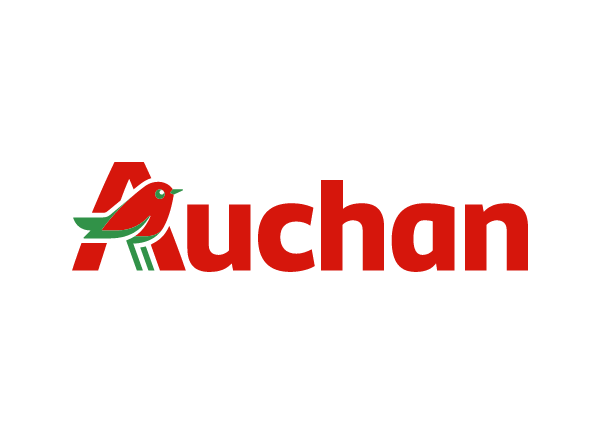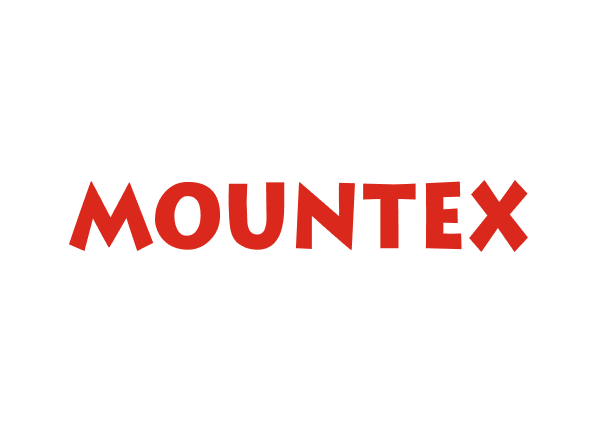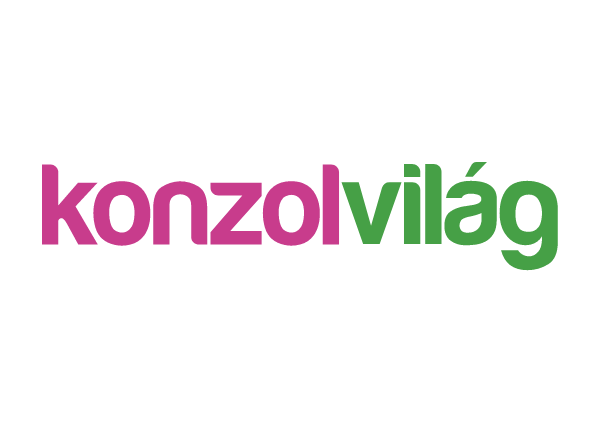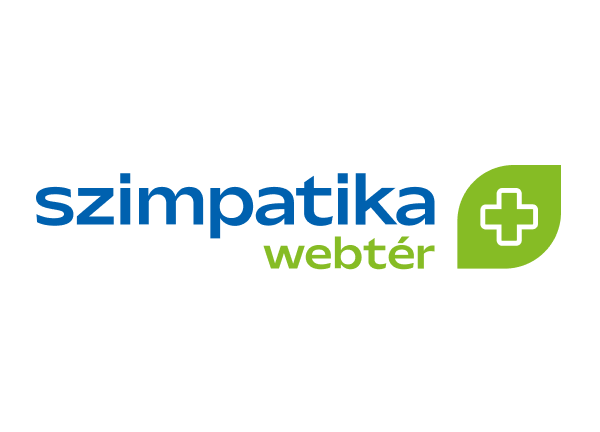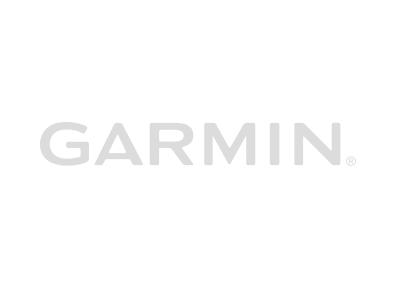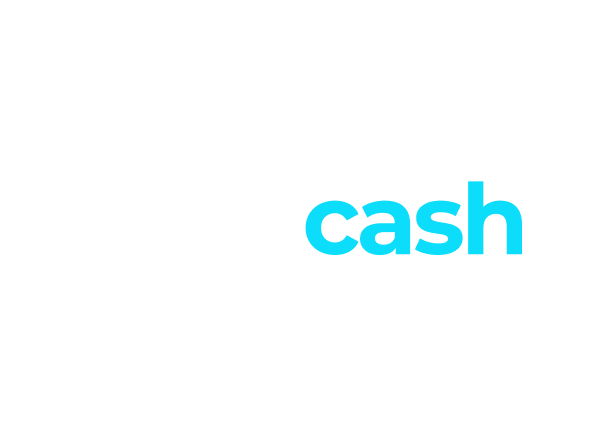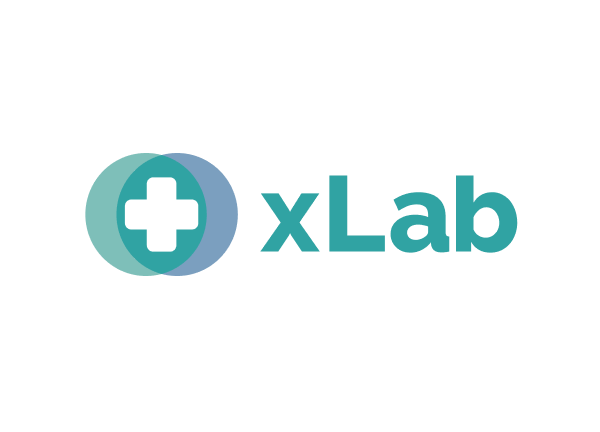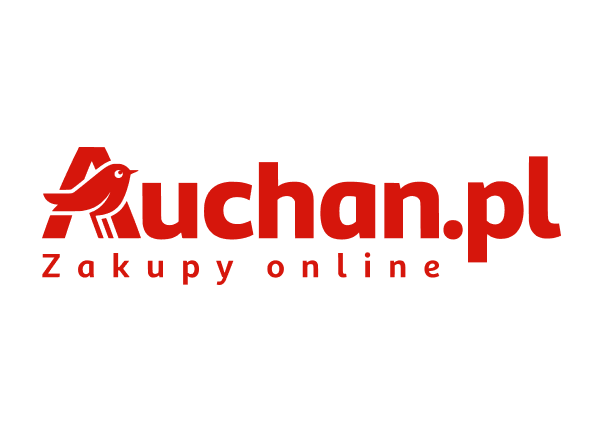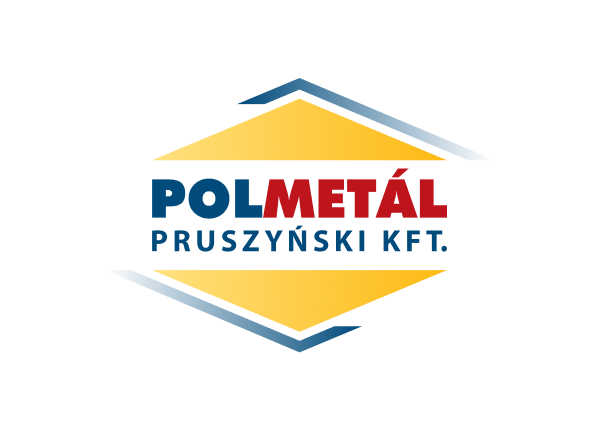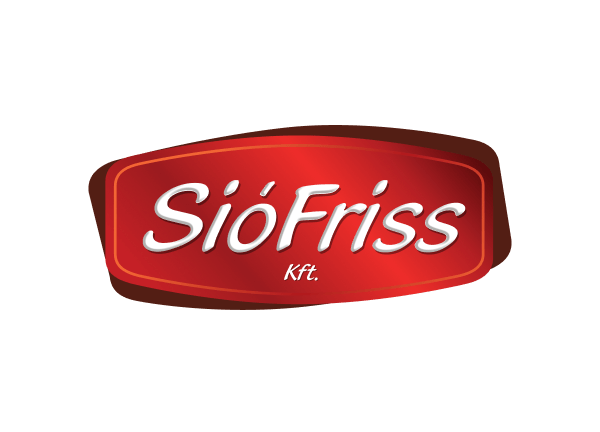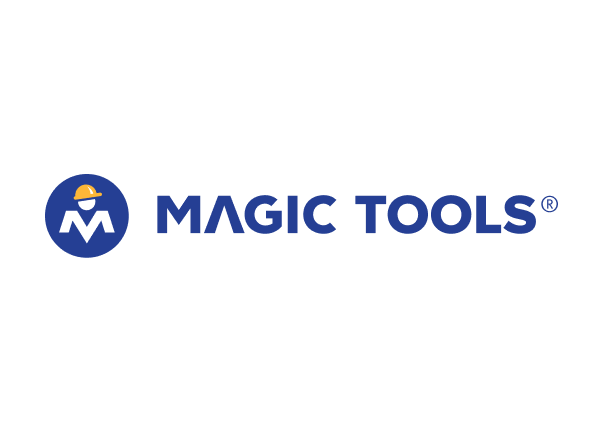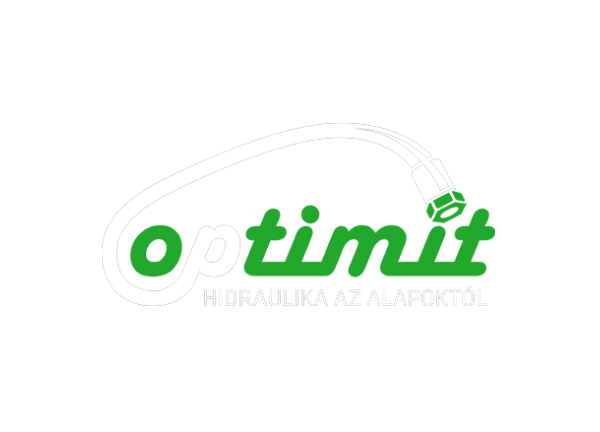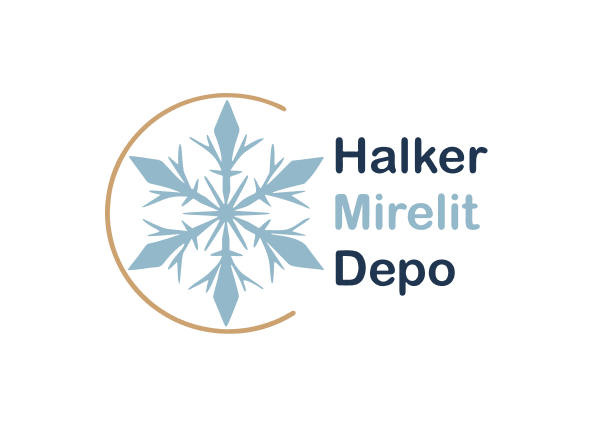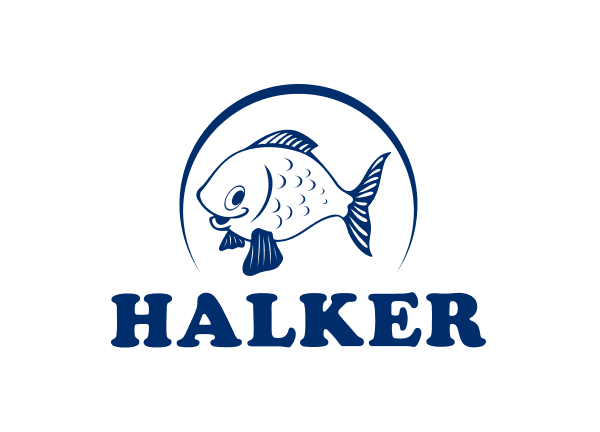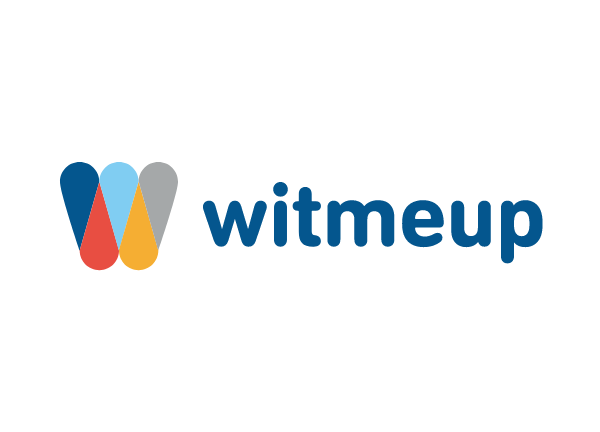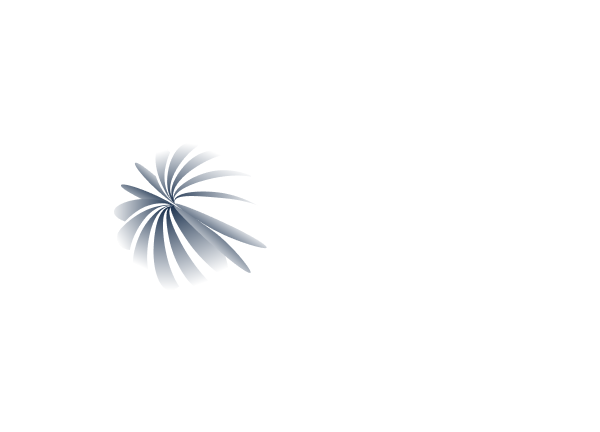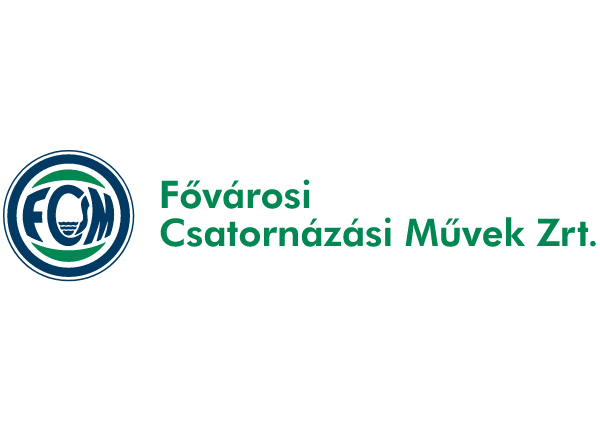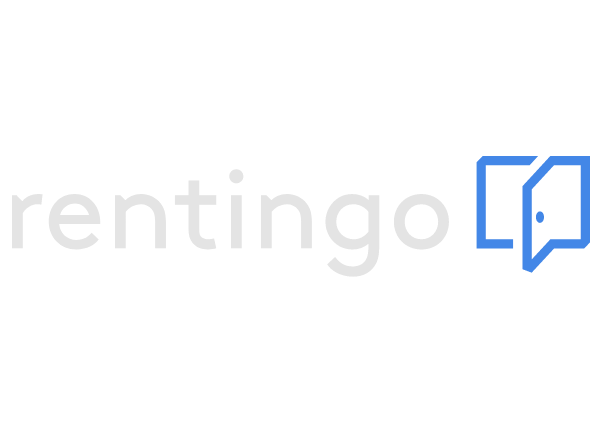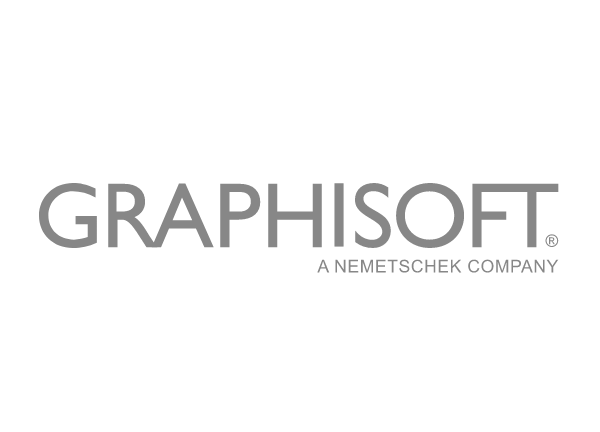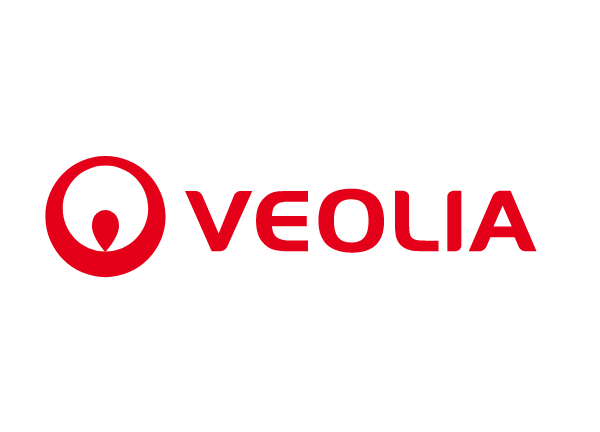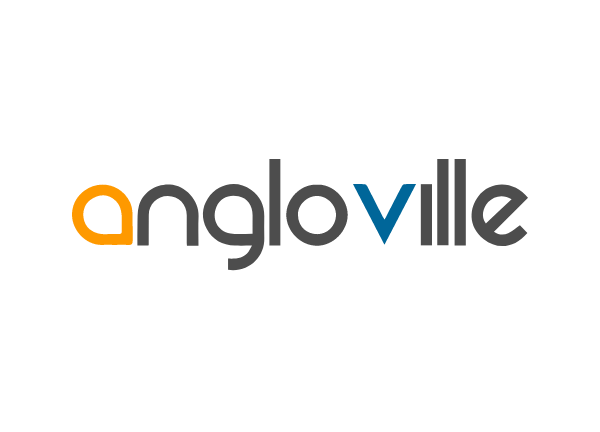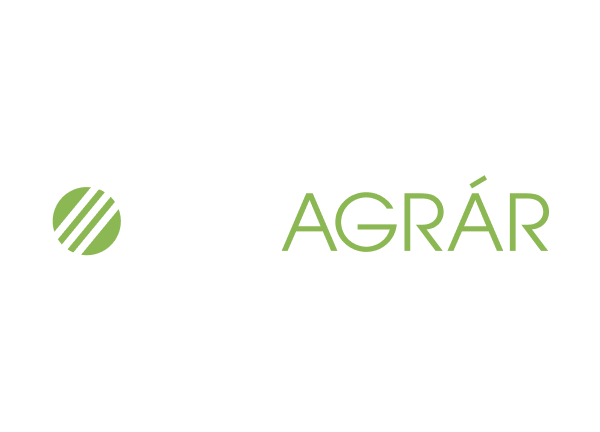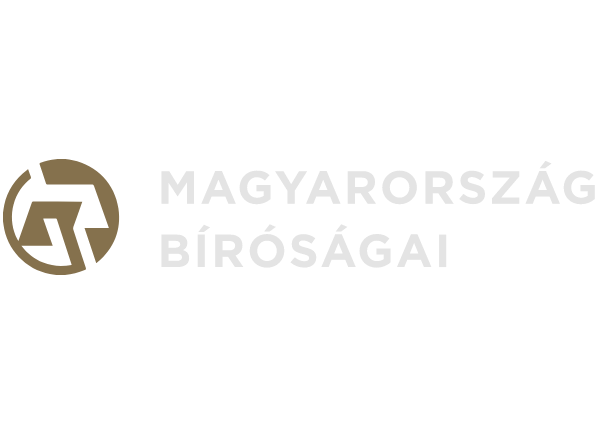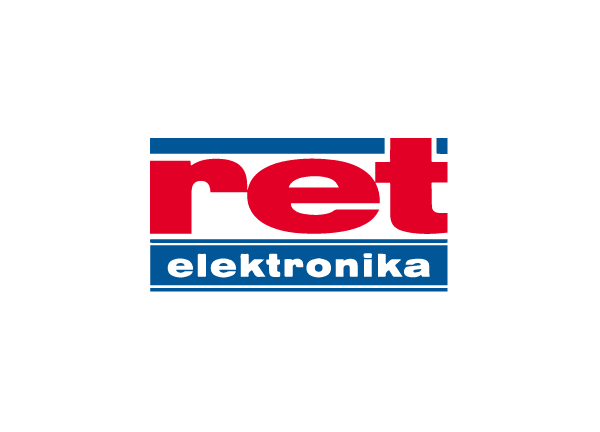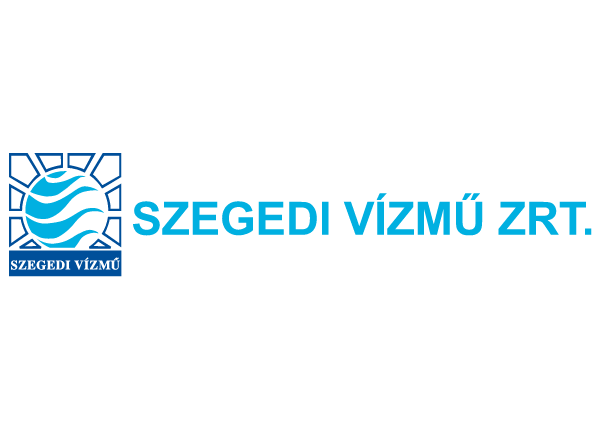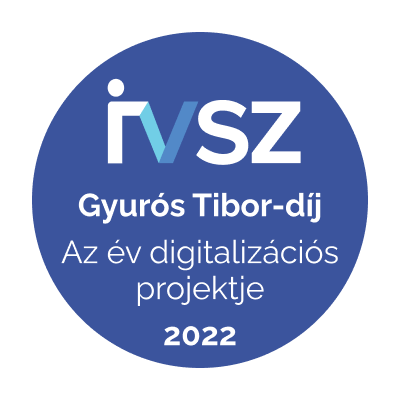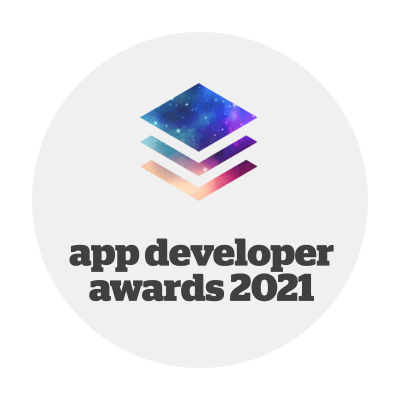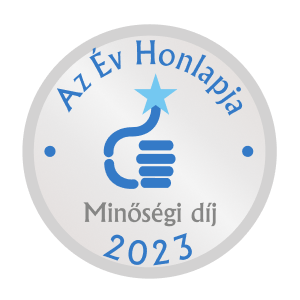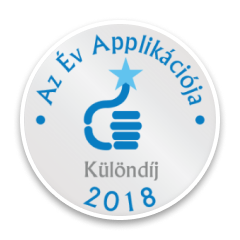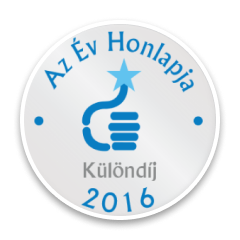Software development methodologies
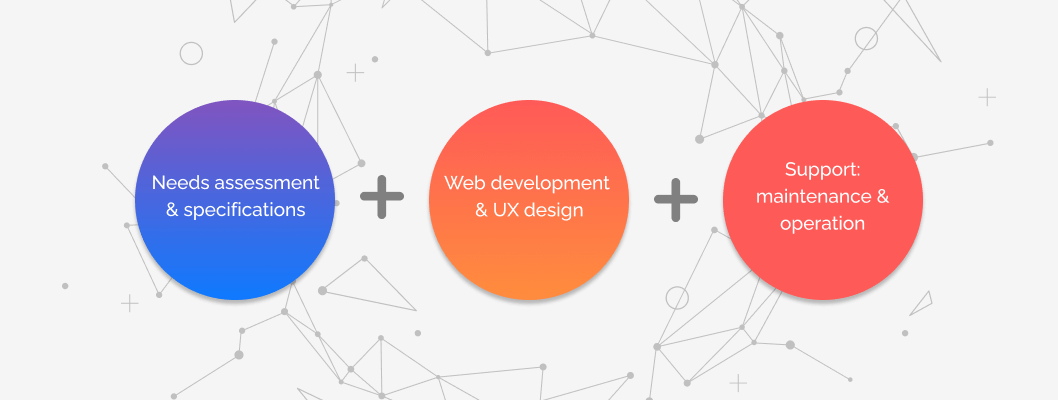
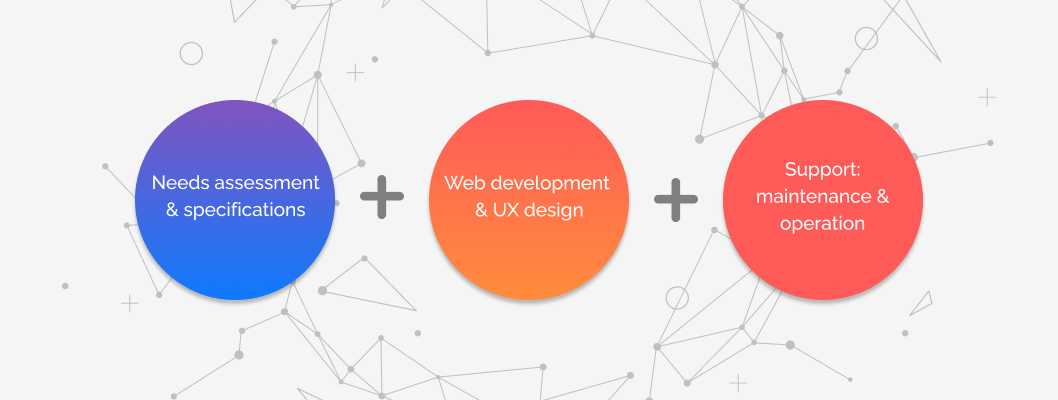
What are the steps of web development?
LogiNet has been providing high-quality software development, application development and IT consulting services to startups, and medium and large enterprises since 2007. We cover the entire web development process, from needs assessment to post-implementation operations and maintenance services.
1. Needs assessment and design
- Preliminary consultation, indicative offer
- Specification preparation
- Precise quotation and expected project schedule
2. Web development and UX design
- UX and UI design, user testing, interviews, research
- Web development
- Testing
- Demo
- Web application, mobile application, portal, webshop development
3. Support
- Active support after going live
- Ongoing implementation of minor developments
- Support and maintenance service
Which software development methodologies can you choose from?
In terms of methodologies, LogiNet has also been in a constant state of evolution. While in the beginning we only used the waterfall methodology, as the complexity and length of projects increased, we had to realise that this was not a viable way forward. As the agile methodology gained ground, we adopted several elements of the new development methodology. Eventually, we created our hybrid methodology from these agile elements and the waterfall methodology we had used previously.

Waterfall methodology
The waterfall methodology is a traditional model of software development with stages that follow one after another, like a waterfall. This methodology requires significant planning and specification at the initial stage of the project, and then development is based on this.
The main advantage of this methodology is the structured and well-documented process, which makes the project predictable. However, it has the disadvantage of being inflexible: if changes are needed, it is difficult to implement them.
For this reason, the waterfall methodology is mainly used for projects where the requirements are well-defined and unlikely to change throughout the project. With the spread of agile methodologies, the popularity of the waterfall model has declined, but it is still used in areas where change management is less critical.

Agile methodology
The key advantage of the agile methodology is its flexibility: it can adapt to changing requirements during development, allowing for rapid change. This is because it breaks the project down into several dynamic phases, commonly known as sprints, and the results of which are regularly communicated to the customer.
The agile development methodology is particularly effective in environments where needs change frequently and speed to market is essential.
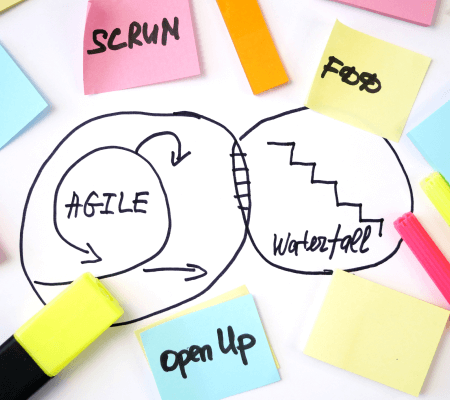
Hybrid methodology
The hybrid methodology combines the structured and planned approach of the traditional waterfall methodology with the flexibility and responsiveness of the agile methodology. The hybrid methodology is useful when some elements of the project require rigorous planning, while other parts require a more agile approach. The key to successful deployment is finding a balance between planning, flexibility and responsiveness.
What characterises our hybrid methodology?
- We split the scope into several iterations that should deliver results that are easy for the user to understand and control
- The length of the iterations is 2-4 weeks (they can be longer at the beginning, but we aim for 2-week iterations at the end of the project). This allows flexibility to change the direction of product development on the fly, react quickly to market movements, and adapt flexibly to specific requests.
- Continuous communication between team members (daily standup)
- Depending on the length of the iterations, we hold 1-2 demos every sprint for our clients, so you are constantly informed about the evolution of web development.
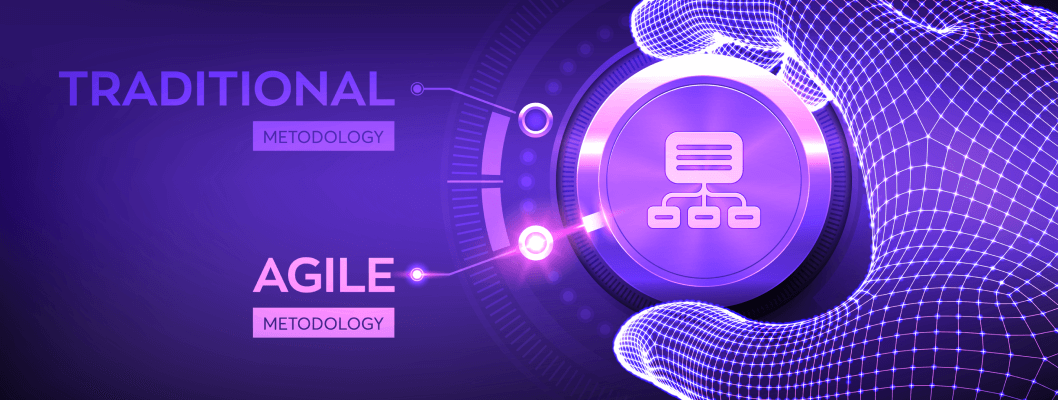
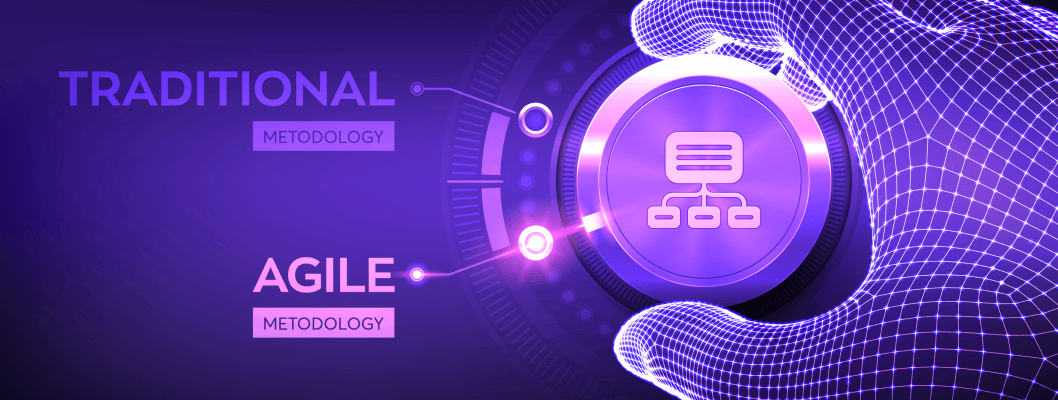
How do we decide between development methodologies?
LogiNet's team delivers innovative solutions that contribute to our customer's satisfaction and the achievement of their business goals. We always strive to adapt to the project, the scope, the client and the circumstances surrounding the software development task at hand.
Projects implemented in-house at LogiNet are usually based on our hybrid methodology. For some clients, the development may get an extra agile backbone and look more like agile methodologies than a hybrid.
Sometimes, of course, for smaller tasks or internal pilot projects, we still fall back to the old classic waterfall methodology.
Our references therefore include projects where the classic methodology worked well for smaller scopes: the succession of system and software requirements, testing and validation phases required the application of the waterfall model.
REQUEST A QUOTE
Improve your business efficiency and increase your revenue with customized software solutions tailored to your business needs! With LogiNet's expertise, you can plan for the long term: let us know about your ideas, a problem you’re trying to solve or your overall business goals, and we will get back to you shortly!
request a quoteLoginet Systems kft.
-
Office address : Budapest 1117
2. Galvani street, III. floor -
HQ address : Budapest 1221
5. D Vihar St., bdg. 4. floor 15. -
-
services
- Software development
- Web development
- Mobile application development
- Digital product development, MVP development
- AI Business Process Optimization Solutions
- IT consulting
- E-commerce development
- IT support & maintenance
- IT outsourcing
- UX Design, Service Design
- UX tracking
- International e-commerce platform development
